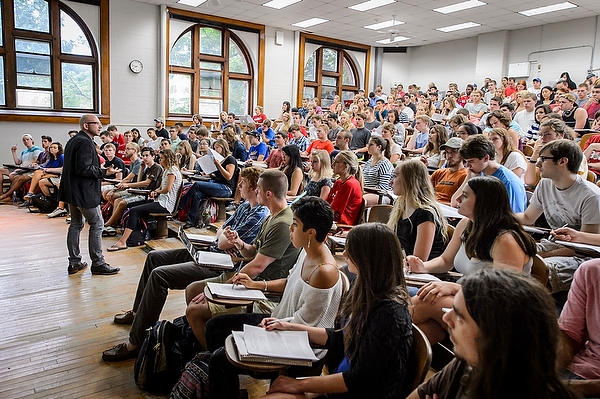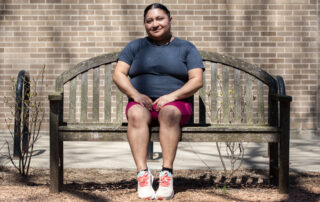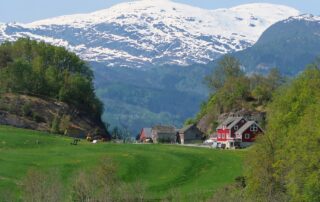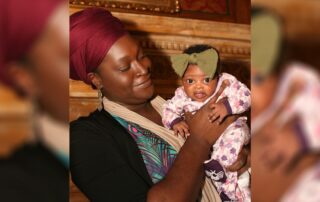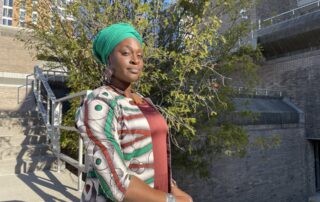It was September and the Education building’s large auditorium wasn’t air conditioned on one of the end of summer’s sultry days. We were all sweating — some 200 students and myself, most of them women, many of them likely to be teachers in tomorrow’s public schools. The professor was both literally and figuratively hot, energetically striding across the stage, brilliantly sketching out the major themes of the course.
It was a class on the history of American education but for me it was the best kind of theatre, where the audience is committed to the characters, their stories and the lessons recounted by the play’s narrator. You are spellbound, hushed. You know right away that you want to sit there until the final curtain, applauding furiously between the laughter and tears.
But I wasn’t an undergraduate or even a graduate student. Thanks to the largesse of the State of Wisconsin and the kindness of UW professors, I was attending as part of a program that allows thousands of residents over the age of 60 to audit classes free of charge.
Even before I took early retirement ten years ago, I was spending my lunch hours in the classroom. What began then as intellectual curiosity has become a passion, even a way of life. I have taken at least one course a semester, sometimes two, ever since.
There was the unforgettable semester I read Herman Melville’s Moby Dick, cover to cover, along with King Lear and parts of the Bible. Moby Dick, one of America’s greatest novels, was a work so daunting I never would have had the courage to try it on my own. It wasn’t just the pressure of having to do it for class. It was experience of reading a difficult work along with my classmates, and having a superb teacher to guide us through. I could give so many other examples – a French literature course on love, but really about the changing attitudes to marriage in 500 years of French history. Most recently, I took a detective and crime fiction class which had less to do with Mr. Holmes than about how to weigh evidence, seek the truth and explore the meaning of justice.
Since I retired I think I’ve probably taken two dozen courses, mostly in European history, English and French literature, even writing the papers and taking some of the exams. I’ve also broadened my horizons to include folklore and women’s studies, and Portuguese, Yiddish and Israeli literature in translation.
My commitment to lifelong learning isn’t surprising. I come from a family of educators. My mother was an English teacher who often spoke of the power of education. For her, that didn’t mean socializing, civilizing or training someone for a well-paying career. Perhaps somewhat grandly, she believed that education with its promise of discovery, enlightenment and understanding would truly save the world.
I see her point now more than ever. With every class I am reminded that here we all are, young and old, from small towns and big cities, near and far, exchanging not just our names, but our sensibilities, our ways of looking at things. I befriend people young enough to be my children, even my grandchildren. Still, we find common ground. I sense this generation’s strength and promise, and, beyond the coursework, I am enriched and heartened beyond words.
